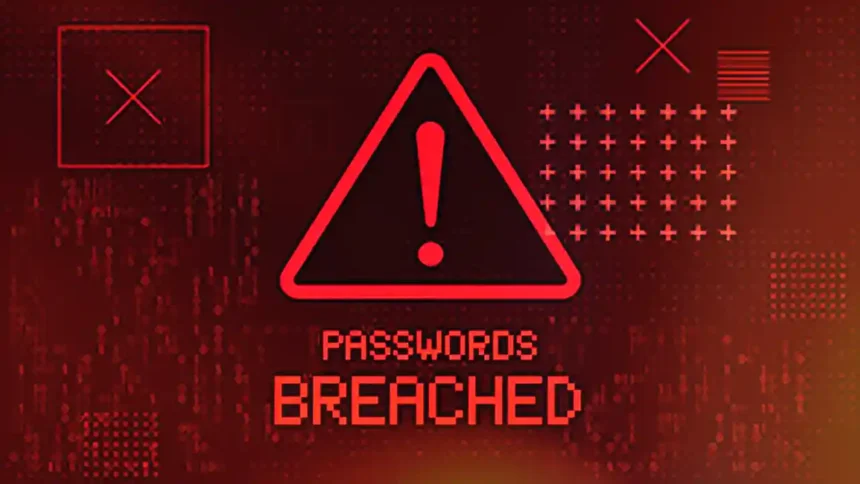Imagine waking up to find your email, bank account, or social media hacked. That nightmare is now reality for billions, as a jaw-dropping 16 billion login credentials have been exposed in one of the biggest data breaches ever. Discovered on June 19, 2025, this massive leak includes usernames, passwords, and website URLs from giants like Google, Apple, Facebook, GitHub, and even government portals. Cybersecurity experts are calling it a “hacker’s paradise,” and it’s time to act fast to protect yourself.
The Cybernews research team uncovered 30 datasets, ranging from 16 million to 3.5 billion records each. Most of this data is brand new, with only one small batch of 184 million records previously known. The source? Sneaky infostealer malware that quietly grabs login details from infected phones and computers. From social media to VPNs and developer accounts, no service is safe. This isn’t just a random data dump—the structured format, listing URLs, usernames, and passwords, makes it a goldmine for hackers planning phishing scams, account takeovers, and identity theft.
With 5.5 billion people online globally, chances are you have at least one compromised account. Hackers can use these credentials to break into your email, drain your bank account, or impersonate you online. They might even try “credential stuffing,” testing stolen passwords on other sites you use. The stakes are sky-high, and the clock is ticking.
On platforms like X, users are freaking out. One post called it a “digital apocalypse,” urging everyone to reset passwords now. Another warned that these credentials are already being traded on the dark web, fueling a wave of cyberattacks. The fear is real—your private data could already be in the wrong hands.
So, what can you do? Start by changing your passwords today, especially for critical accounts like email and banking. Make them strong and unique—no reusing old ones! Turn on two-factor authentication (2FA), but skip SMS-based options, as hackers can intercept texts. Use authenticator apps or hardware keys instead. Password managers are a lifesaver for creating and storing secure passwords. You can also check if your accounts were hit using tools like Have I Been Pwned or dark web monitoring services. Finally, scan your devices for malware with trusted antivirus software to stop further leaks.
Some companies are stepping up. Google is pushing passkeys, a passwordless login using fingerprints or face scans. Tether’s CEO launched PearPass, a secure, offline password manager. But big names like Apple and Facebook have stayed silent, leaving users in the dark.
This 16 billion credential leak is a wake-up call. It shows how easily our digital lives can be exposed. Don’t wait for hackers to strike—change your passwords, enable 2FA, and stay alert for suspicious emails or texts. Your online security is in your hands, and acting now could save you from a world of trouble. Don’t let your data become a hacker’s next score!







